Among the countless cultural heritages that have become familiar symbols on the Vietnamese tourism map, there are still little-known places with hidden beauty that have not been fully exploited. These destinations not only hold precious cultural and historical values, but also have the potential to develop sustainable tourism. Quang Tri Citadel and Dong Son Ancient Village in Thanh Hoa are two typical examples of heritages that have not yet been fully explored, each carrying its own story, a part of the nation's memory.
Quang Tri Citadel lies quietly by the Thach Han River, marking the heroic but painful history of the nation during the fierce war in 1972. This place witnessed 81 fierce days and nights, when the entire Vietnamese nation together kept every inch of land, protected every corner of the citadel. Although now only ruins remain, the citadel still radiates a solemn, sacred atmosphere, as if the soldiers of the past were still there, forever guarding their homeland. That tragic history is not only the story of Quang Tri, but also the story of the entire nation. With the simple beauty of the landscape combined with the depth of history, Quang Tri Citadel is no longer just a tourist attraction but a place for people to remember the sacrifice, the resilient spirit and the deep patriotism.

Entrance to the ancient citadel. Photo: Collected
Walking around the ancient citadel, visitors will feel more clearly the intersection between the past and the present. The ruined walls seem to still be telling the story of the fierce days, when the blood and sweat of countless people were shed to protect this land. In the quiet space, the sound of the wind blowing through stirs the heart, making each visitor feel like they are lost in a spiritual journey, looking for the origin, to understand and be grateful for the past.

“Soldier's Luggage”. Photo: Nguyen Huu Chung Kien
Temporarily leaving the tragedy of Quang Tri, Dong Son ancient village in Thanh Hoa opens up a peaceful and ancient space, containing long-standing cultural values. Dong Son ancient village, located about 3 km from the center of Thanh Hoa city, is known as one of the oldest ancient villages in Vietnam. This place is associated with the famous Dong Son culture, which has existed for thousands of years, through many ups and downs of history and war but still retains the typical material cultural values of the North Central countryside. With its peaceful beauty, Dong Son ancient village is nestled in the middle of a charming landscape, with the poetic Ma River flowing around and the historic Ham Rong Bridge across. Behind the village is the Canh Tien mountain range, creating a space that is both majestic and peaceful.

Dong Son ancient village is located in Ham Rong ward, Thanh Hoa city. Photo: Thanh Tung (Dan Tri)
Entering the village, visitors will feel the simplicity and rusticity of the hundreds of years old ancient houses, including the house of Mr. Luong Trong Due, which still retains the traditional architecture with sturdy wooden structures, and a surrounding green garden. The special thing when coming to Dong Son ancient village is not only to admire the landscape but also to learn about the long-standing historical and cultural relics. Duc Thanh Ca Temple, worshiping Thanh Hoang Chang At Dai Vuong, was built with traditional architecture, imbued with cultural and artistic values. These relics are proof of the longevity of Dong Son culture and make an important contribution to the unique cultural picture of Vietnam.

Alleys with names like Nhan, Nghia, Tri, Dung,… Photo: Thanh Tung (Dan Tri)
Amidst the flow of time, heritages such as Quang Tri Citadel or Dong Son ancient village still stand there, like lights illuminating the historical journey of the nation. Although little known, the cultural and historical values they bring are undeniable. It is from the oblivion of the crowd that these places become unpolished gems, promising to bring sustainable and new tourism potential to Vietnam.
Discovering lesser-known heritages is not only a journey to learn about history but also a way for us to look back at our national cultural identity, so that each person can be more proud of the values that have shaped Vietnamese culture. In the tranquility of the past, in the echoes of history, these destinations will forever be a source of inspiration for those who love to explore and appreciate the eternal values of the nation.


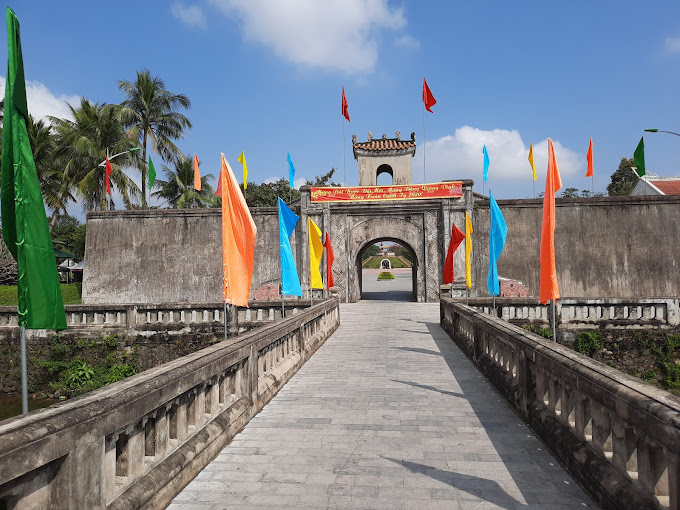
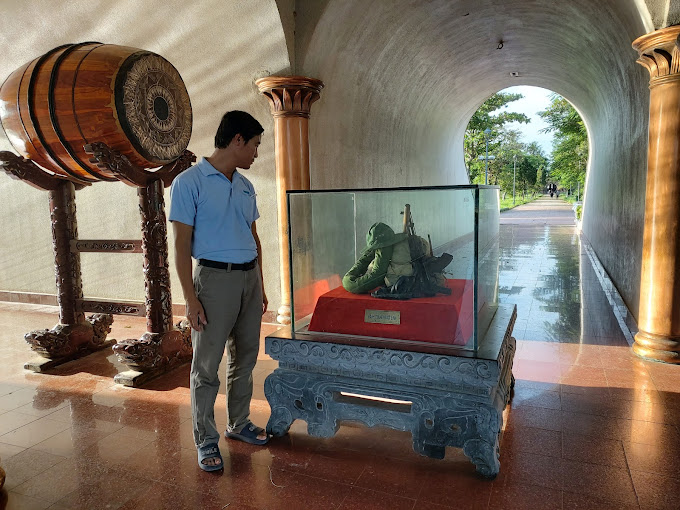
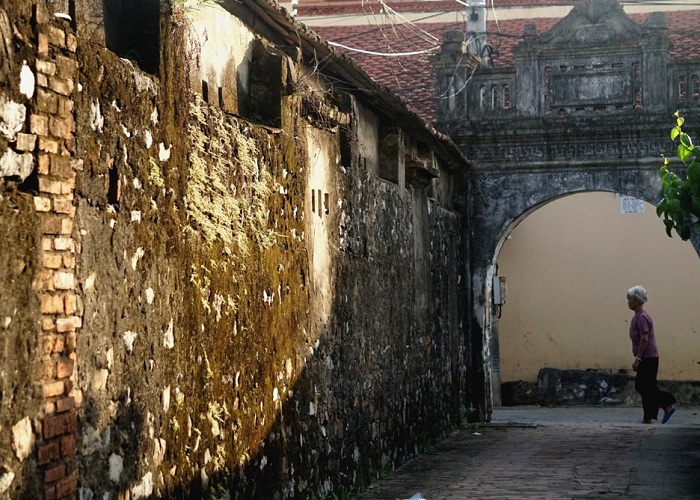
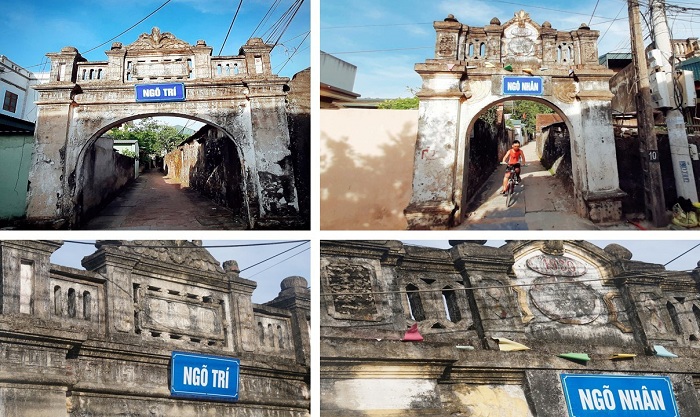

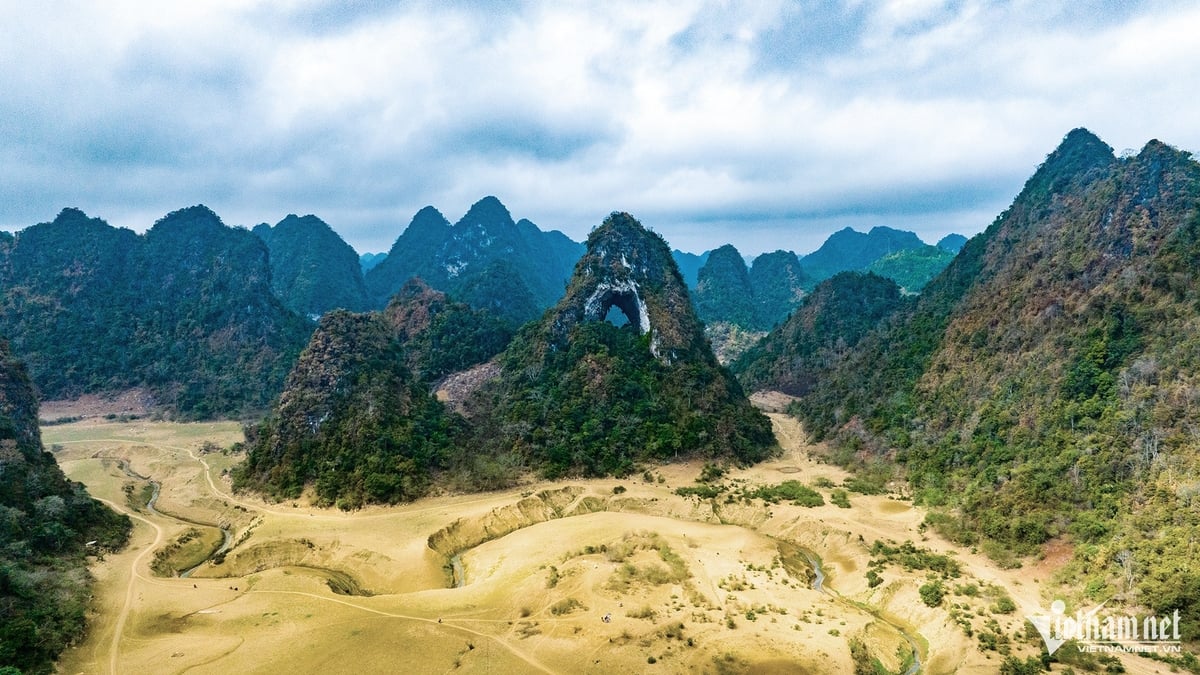
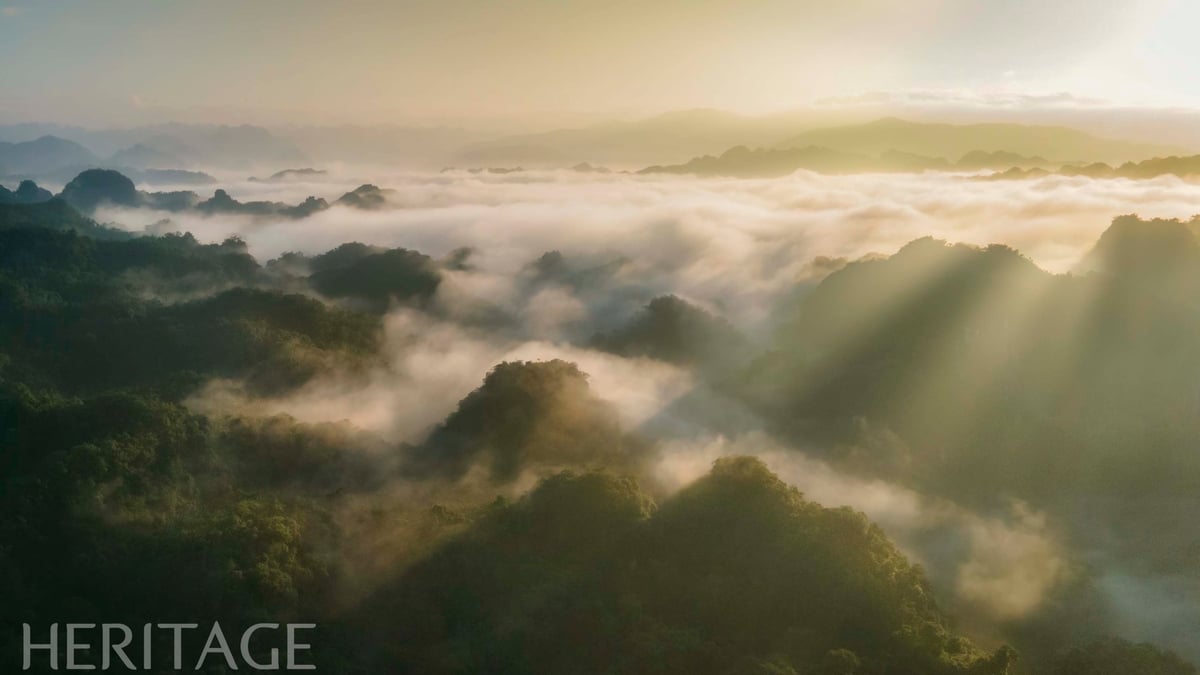
![[Photo] General Secretary To Lam meets and expresses gratitude to Vietnam's Belarusian friends](https://vphoto.vietnam.vn/thumb/1200x675/vietnam/resource/IMAGE/2025/5/11/c515ee2054c54a87aa8a7cb520f2fa6e)

![[Photo] General Secretary To Lam arrives in Minsk, begins state visit to Belarus](https://vphoto.vietnam.vn/thumb/1200x675/vietnam/resource/IMAGE/2025/5/11/76602f587468437f8b5b7104495f444d)


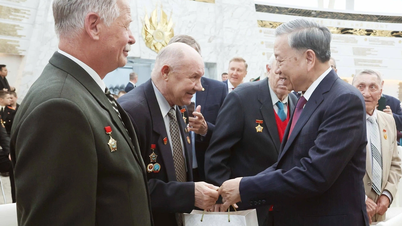

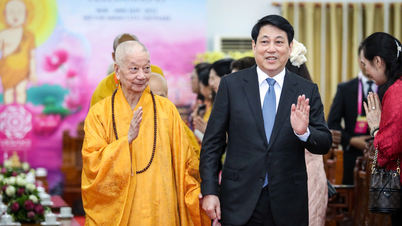

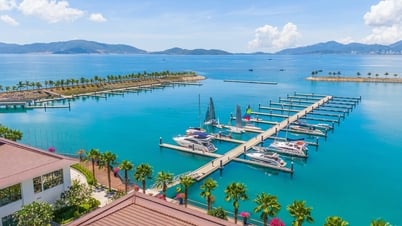




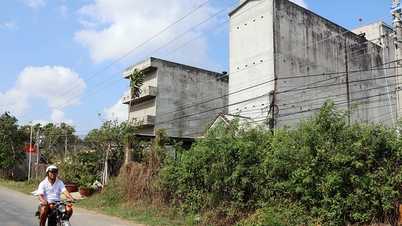



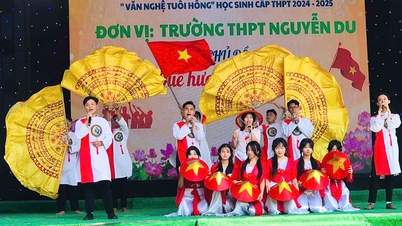





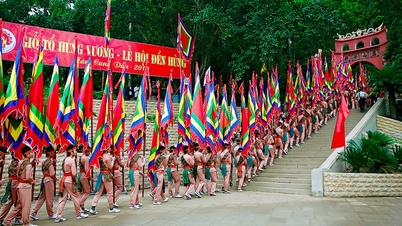
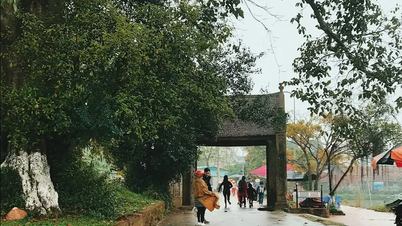
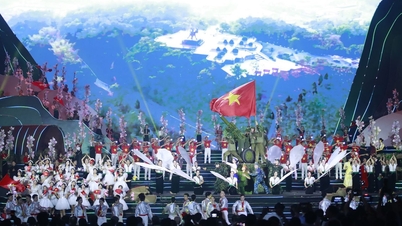
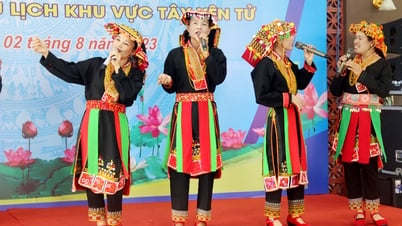
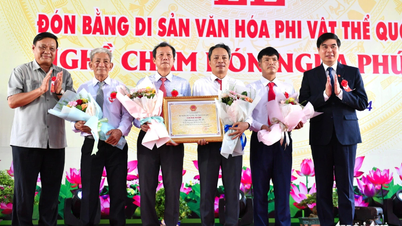

![[Photo] General Secretary To Lam concludes visit to Russia, departs for Belarus](https://vphoto.vietnam.vn/thumb/1200x675/vietnam/resource/IMAGE/2025/5/11/0acf1081a95e4b1d9886c67fdafd95ed)



























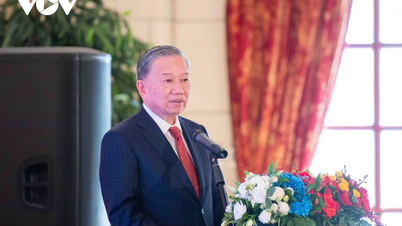



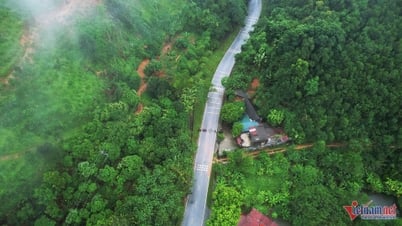











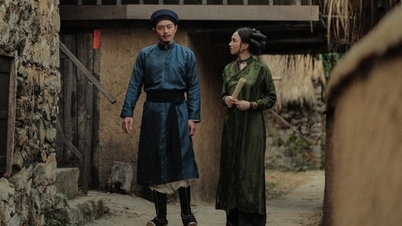

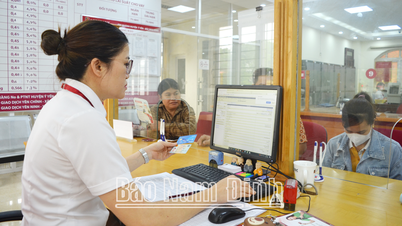



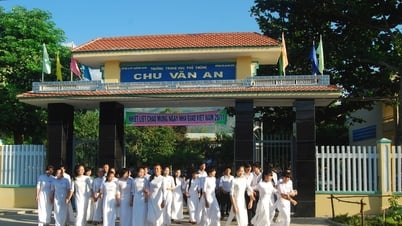

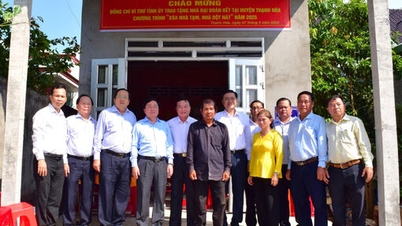











Comment (0)